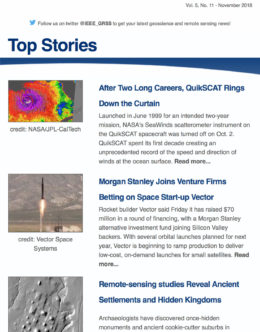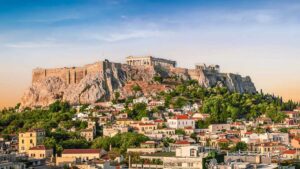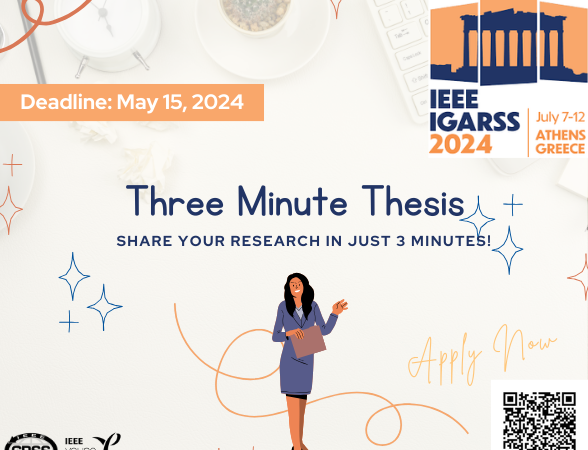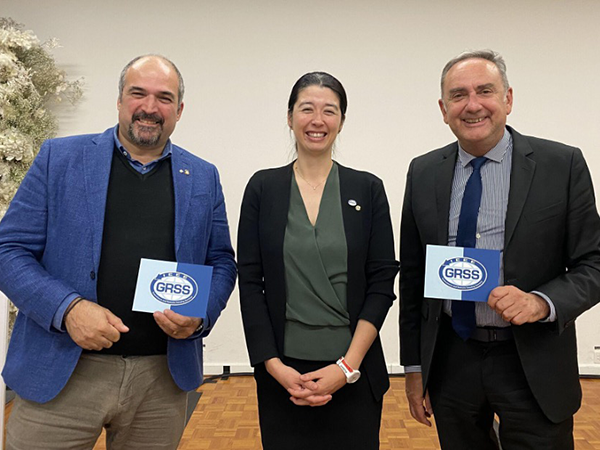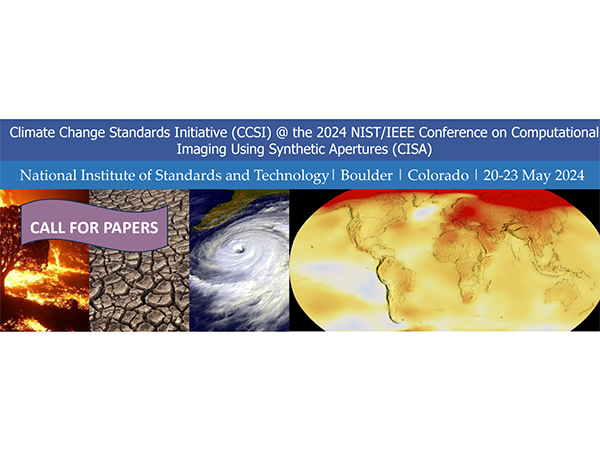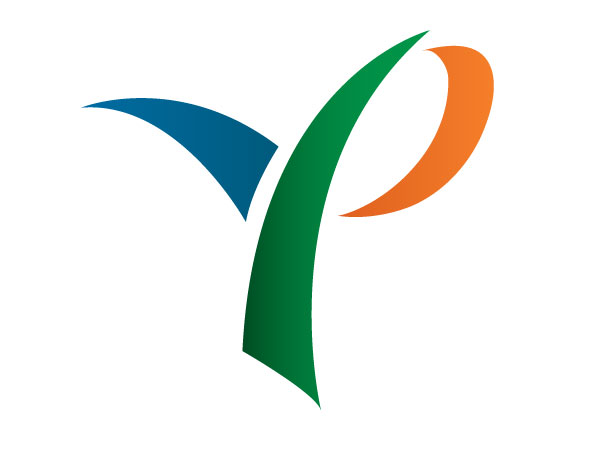Tuesday, October 6, 2020
4PM Central European Time
10AM US Eastern Time
Speaker: Dr. Paolo de Matthaeis, GRSS FARS Chair, NASA Goddard Space Flight Center, USA
Sponsored by GRSS
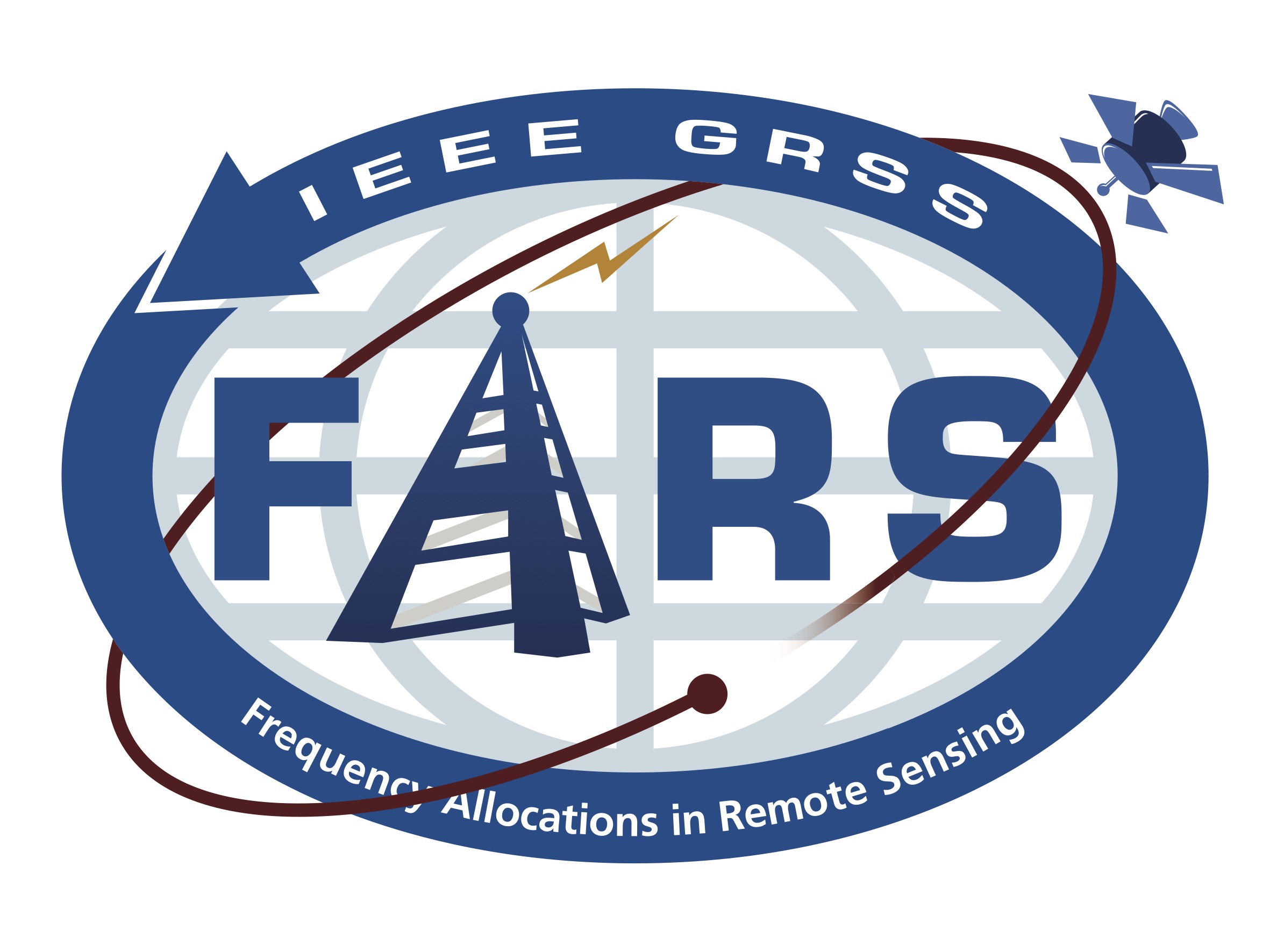
The IEEE GRSS Frequency Allocations in Remote Sensing Technical Committee: Protecting the Radio-Frequency Spectrum for Remote Sensing Use
The strong demand for many types of telecommunication services is causing an increasing use of the radio spectrum with negative consequences such as interference. This represents a growing threat for microwave remote sensing applications that heavily rely on an interference-free environment. This webinar will introduce the Frequency Allocations in Remote Sensing (FARS) Technical Committee, whose mission is to assist scientists and engineers in understanding issues of frequency utilization and interference and acts as an interface to the spectrum regulatory world. Examples of the FARS Technical Committee activities will be given and discussed.
SPEAKER’S BIO:
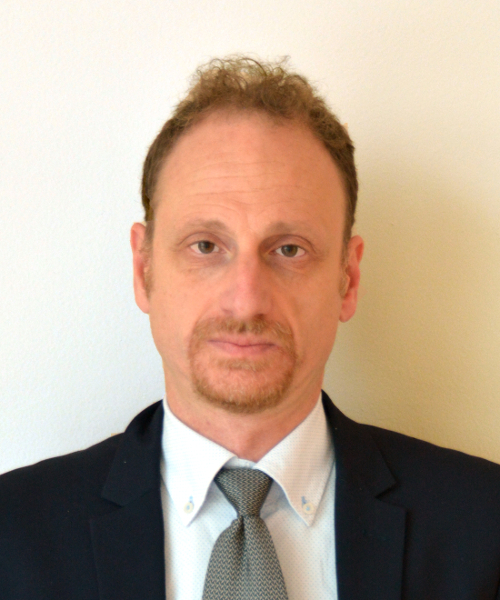
Paolo de Matthaeis was born in Rome, Italy. He received the Laurea degree (Summa cum Laude) in Electrical Engineering from the University of Rome “Tor Vergata”, Italy, in 1991. In 1993-1994 he was with the European Space Agency at ESTEC in The Netherlands under the Young Graduate Trainee program. In 1994-1995, he received a grant from the Italian Space Agency (ASI) to carry out research in the SIR-C/X-SAR data at the Remote Sensing Laboratory at the University of Rome “Tor Vergata”. He earned the Doctor of Science degree in Electrical Engineering from The George Washington University in Washington, DC in 2005. He is currently working at the NASA Goddard Space Flight Center in Greenbelt, MD, as a Research Associate with the Goddard Earth Sciences Technology and Research (GESTAR). His research interests include active and passive microwave remote sensing, with a focus on electromagnetic modeling of vegetation and sea surface. He is part of the Science Algorithms team for the Aquarius instrument, where he has been working on the radiometer and radar scatterometer simulators.









